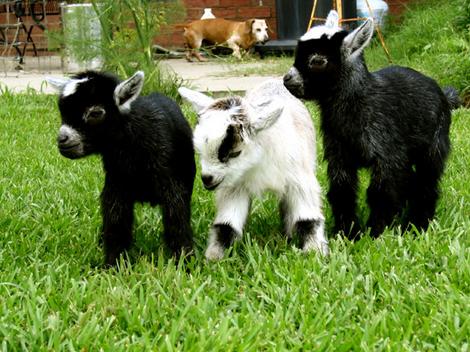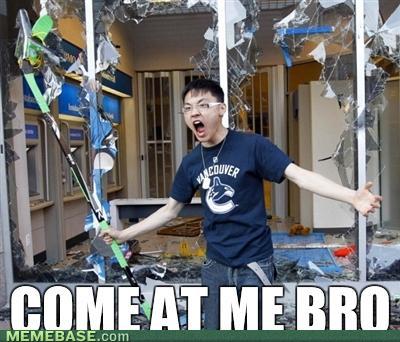Results of the 2009 National Assessment of Educational Progress (NAEP) science test, called the Nation's Report Card, revealed disturbing results. Science scores for North Carolina students in Grade 4 were lower than those of students in schools located in 24 high-performing states. In grade 8, NC students' science scores were surpassed by scores of students in 25 high-performing states.
In other words, our state is terrible. Somewhere Petey Pablo is crying.
What can North Carolina science teachers learn from science teachers in schools located in high-performing states? What do you think?
I think we absolutely can learn by conferencing and collaborating. However, given our busy schedules, it is SO HARD to find the motivation to contact teachers from other areas. The internet has made this astronomically easier, but we still have this tendency of being lazy. Well, some of us do. Others of us have babies to take care of. Miles and miles of babies.
While some of us have human babies, some are fortunate enough to have goat babies!
Will collaborating with science teachers in schools located in high-performing states help science teachers in North Carolina improve their students' learning and achievement? What do you think?
Nah, probably not. Of course so! It can't get much worse, can it? I think it absolutely can - you just need both parties to be willing participants and willing listeners. Listening means being willing to change; it requires participant teachers to be open to amending their teaching methods. That lab you do every year where you sleep in your chair while your students line up force vectors with rulers, get bored, make shivs out of the aforementioned rulers, and begin forming a Philip Zimbardo-style prison experiment may need a bit of work.
Image: http://i0.kym-cdn.com/photos/images/original/000/136/902/memes-come-at-me-vancouver.jpg?1308517262
This is what happens when your students don't respect you [or if the Canucks lose to the Bruins despite being up 2-0 and 3-2 in games].


I absolutely believe teachers learn from other teachers. Watching a stellar professor from NCSU teach Chemistry was the best "class" I ever had to prepare me for my own classroom. I also learned a lot from a less-than stellar teacher. I learned what is ineffective. There are so many variables in this question. Do the high performing schools have more instructional time? What is the socioeconomic status of these schools etc. But in summary, we can all learn from one another!
ReplyDeletePedagogy can certainly improve with collaboration, but there are several lurking variables not discussed. State educational funding varies greatly per student and professional development for faculty in addition to increased planning time for teachers and more stringent requirements for being licensed.
ReplyDeleteI would venture to say in states where there is an abundance of qualified teachers, the competition would drive classroom excellence. Generally, this is the case in stated with higher pay and retention, so the need to perform at a high level for faculty is demanded.